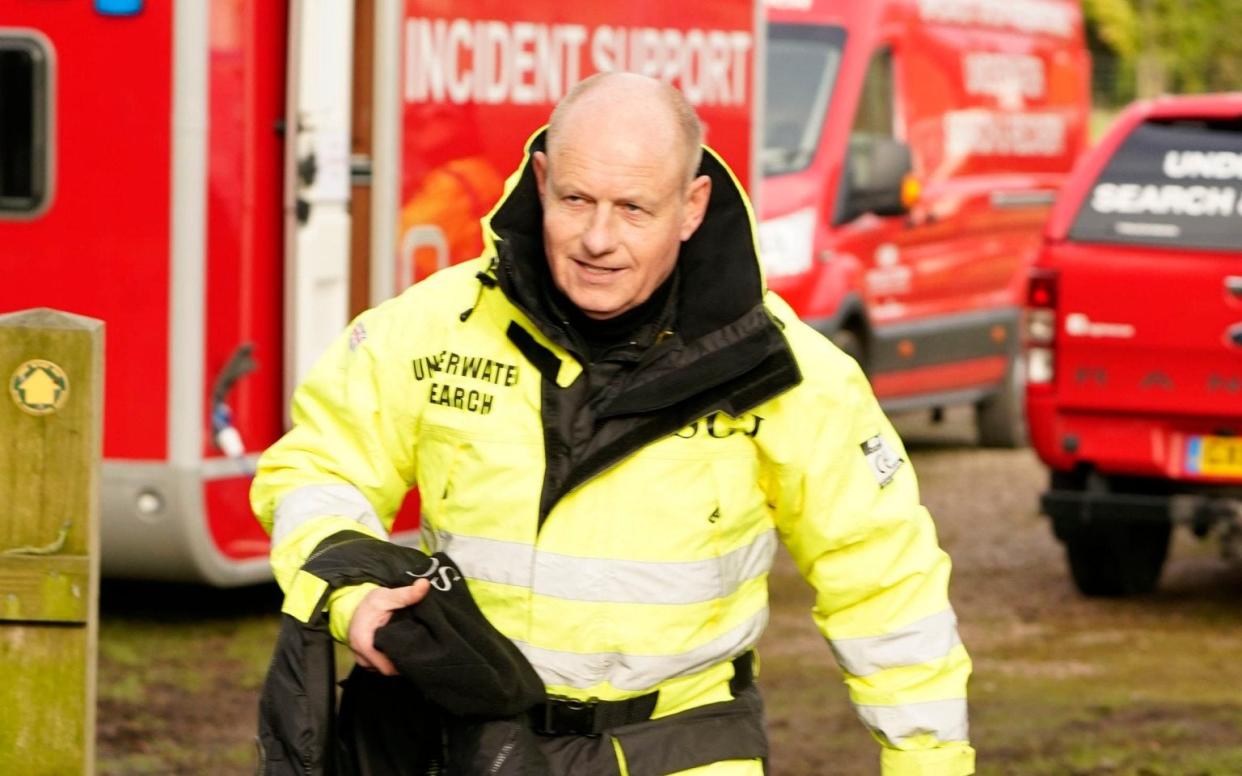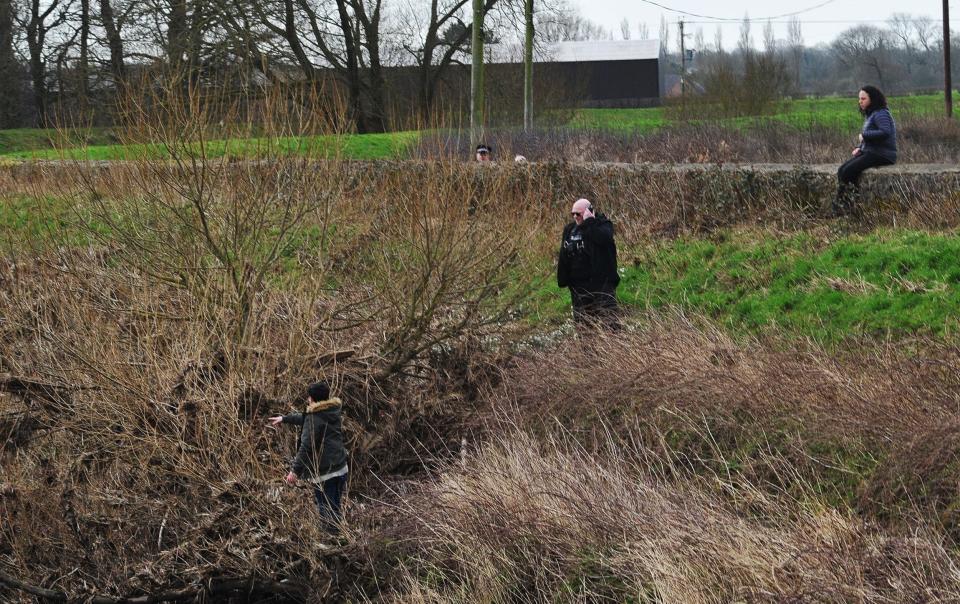Nicola Bulley blame game as search expert insists body location ‘not in our remit’

The high-profile expert in the Nicola Bulley search has insisted the area where a body was found was “not part of my remit”.
Peter Faulding, the head of Specialist Group International, is facing growing questions over why he insisted the missing mother-of-two was “categorically” not in the river.
He searched the River Wyre, by the Lancashire village of St Michael’s on Wyre where the 45-year-old went missing while walking her dog on Jan 27, for three days but found nothing.
A body was found less than a mile away on Sunday afternoon after two walkers tipped off the police, with initial post-mortem examinations due to report shortly. Ms Bulley’s “agonised” family have been informed.
Police have said they are “currently treating the death as unexplained”.
In a statement on Monday morning, Mr Faulding hit back at “unfair criticism” and “negativity”.
He said: “Sadly, the discovery was not found in the river but in the reeds at the side of the river which was not part of our remit as the side scan sonar does not penetrate reeds above or below the water.”
However, he admitted for the first time that he did search the exact stretch where the body was found “for four hours on our first day and then upstream past the weir on the subsequent two days”.
It has sparked a blame game between search teams over how the body was not found for three weeks, despite the police making a river fall their main hypothesis from the outset.
Police chiefs have defended the embattled Lancashire Constabulary, which has led the search for Ms Bulley, from Inskip in Lancashire, with one taking a thinly-veiled swipe at Mr Faulding.
Bob Eastwood, who headed the force’s eastern division before retiring in 2013, told BBC Radio 4’s Today programme: “The dramas the police have had to deal with during this, it’s been on colossal scale and I think it’s a watershed moment in how policing going forward deals... [with] the use of so-called specialists.
“I think in this case [they] imposed themselves on the investigation and Nicola’s family, and I’m hoping their consciences are currently in overdrive.”
He added that the way the specialists behaved in the investigation “actually fed into a lot of people’s obsession” and “they got quite a lot of it wrong”.
Helen King, a former assistant commissioner of the Metropolitan Police, told BBC Radio 4: “We shouldn’t criticise too quickly what Lancashire police have been doing – in all these cases, and police deal with hundreds of thousands of missing person incidents every year, police have to make the right assessment, the right judgment. They don’t have the benefit of hindsight.”
She said it was “disappointing” that “journalists and politicians have jumped in to criticise when they haven’t known the whole picture”.

Julie Mackay, a former detective sergeant in Avon and Somerset Police’s cold case unit, told BBC Radio 5 Live: “It’s complex searching water – the fact that there is a lot of debris in the water and people are not found immediately is not that uncommon.”
Police dive teams, underwater drones, dogs and helicopters had searched the River Wyre for 24 days since Ms Bulley went missing.
Mr Faulding entered the search on Feb 6 at the request of Ms Bulley’s family, saying that “if Nicola is in there, we will find her”, with side-scan Sonar which can detect “every stick and stone lying on the riverbed”, before pulling out on Feb 8.
In his new statement on Monday, he said a “riverbank and wade search would be the only way” to rule out the reeds and that he did not volunteer his services “for any limelight or publicity” but “only best intentions”.
Lancashire Constabulary said in a statement on Sunday it was “called at 11:36am to reports of a body in the River Wyre, close to Rawcliffe Road” and search teams have “sadly recovered a body”.

 Yahoo News
Yahoo News 
